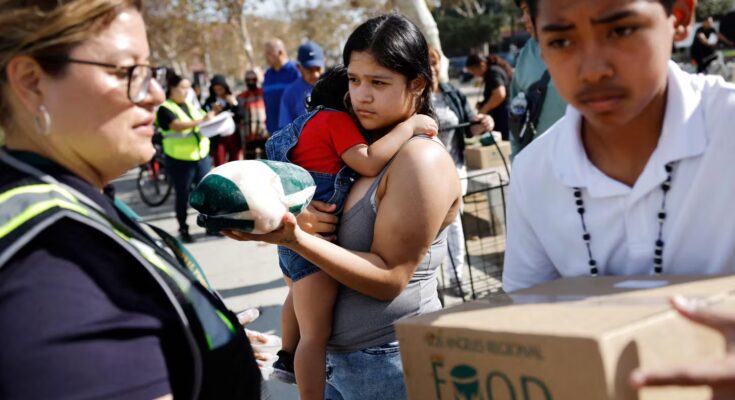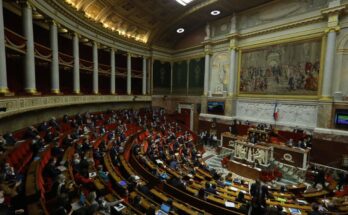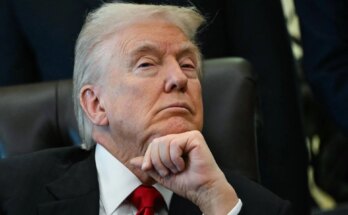The US Supreme Court on Tuesday, November 11, extended its ruling that the Trump administration is not required to immediately pay benefits from the SNAP food assistance program, which was suspended due to budget paralysis.
Nonetheless, the American House of Representatives, on Wednesday, could submit a bill for signature by the American president that would end the government shutdown and at the same time restore full funding for the program, thus ending this bitter legal battle.
The court ruled last week that the government must fully fund the SNAP program for the month of November. But Supreme Court Justice Ketanji Brown Jackson issued an administrative order on Friday to postpone the trial and allow additional time to consider the government’s request.
The longest shutdown in the country’s history
The extension of this ruling on Tuesday allows the Trump administration to bypass reserve funds to pay several billion dollars to states to distribute food stamps. About 42 million Americans depend on this program for groceries and groceries.
US government agencies have been at a standstill since Republicans and Democrats in Congress failed to agree on a new budget after Sept. 30, impacting social assistance programs. But after the Senate passed a bill extending the current budget until the end of January, the US House of Representatives must vote on Wednesday to end the longest government shutdown in US history.
Several states, whether led by Democrats or Republicans, have taken steps to fund SNAP benefits with their own funds, strengthening food banks and deploying the National Guard to facilitate food distribution. The law aimed at ending budget paralysis provides for reimbursement of costs incurred by states for implementing programs normally funded by the federal government.



